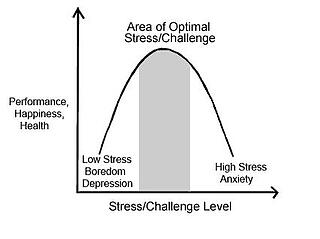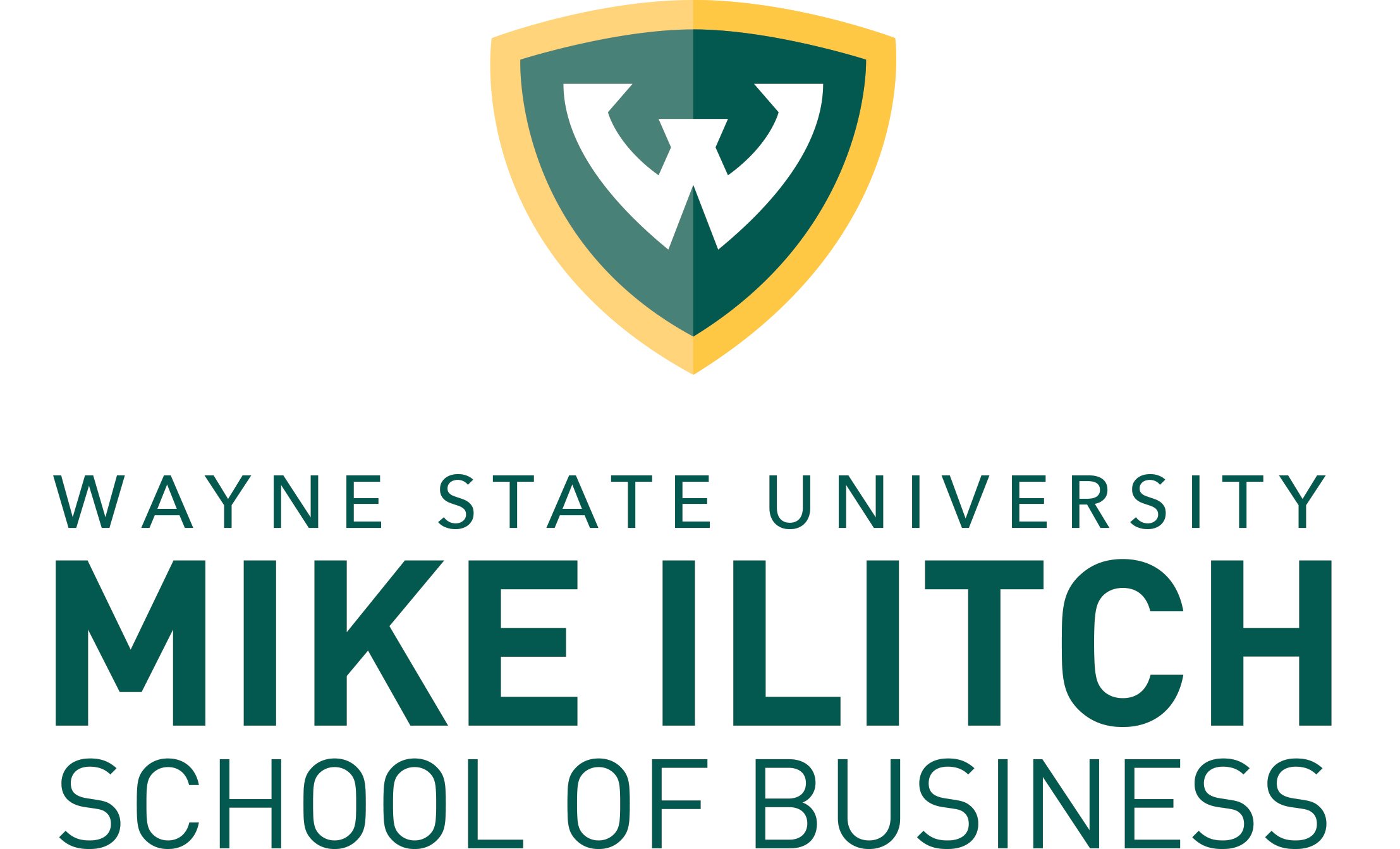Students often receive information better when it comes from their peers. This can be a wonderful thing when you are getting accurate information. Now time for a very important question: Have you ever felt like your friend’s view on studying was wrong? If you answered yes, then the following five study skills myths are an important read and could possibly improve your current study habits. Be sure to share these with your friends, because after all they need to be corrected eventually.

Myth # 1 – Getting good grades means that I must devout all my free time to studying.
Not true. A good study regimen means that students have good time management skills. Perfecting your time management skills is as easy as designing a plan that allows you to complete assignments for class so you can reach your academic goals. This plan starts with a semester calendar, which allows you to write down all assignments and their due dates. Knowing is half of the battle. The next step is to plan your weekly schedule based on your top priorities in order to determine what time you have available for studying. Your weekly schedule should first include activities that are of the highest priority. High priority activities could include class, work, and family. Once your high priority items have been added to your weekly calendar you are ready to plan your study time. Remember, when planning your study time be realistic, you do not have to study everyday but 4-5 days out of the week is not a bad place to start. It is also important to never spend more than two hours of study without taking a break. After you have added your study times to your weekly calendar you can begin to add your low priority activities which may include social networking, going to the movies, or playing your guitar. Following this planning method will allow you to get your studying done, reach your optimal level of academic success, and still have plenty of time left for fun.
Myth # 2 – I usually wait until the last minute to finish my homework, procrastination does not affect my study skills.
Whether you realize it or not procrastination is more of a hindrance. According to Joseph Ferrari, Ph.D. and author of Still Procrastinating?: The No-Regrets Guide to Getting It Done, there are several different types of procrastinators and some students fall into the academic procrastinator category. The academic procrastinator is known for getting all or most of their activities accomplished, excluding their homework. Ferrari noted that these types of students tend to spend much more time on their studies than the average student and they sometimes participate in academic dishonesty or plagiarism. Lucky for you there are some measures you can take in order to avoid academic procrastination. Start by setting small and realistic goals related to your studies, and once these goals have been reached try to move on to larger more challenging study goals. Remember, do not give up and if you fall short its ok. Pick up where you left off and take note of your mistakes. It may also be helpful to start using a daily To-Do List, this will ensure that you know what your priorities are and also will help you to avoid procrastination.
Myth # 3 – I can practice effective study skills while watching T.V.
This is definitely a myth! Watching T.V. while studying is a common cause for a lack of focus or concentration and can cause you to spend more time on your studies than is actually necessary. Your T.V. being on while you’re trying to study creates an external cause for distraction and is considered to be an environmental distraction. Other examples of environmental distractions include using furniture that is too comfortable, eating snacks, and associating with or listening to other people while trying to study. If you find yourself having trouble with environmental distractions try to rearrange your study environment, but realize that this may not always an option. It is best to leave the distracting environment and study in a more productive study area.
Myth # 4 – Cramming for my exam is the best way for me to study.
Cramming for your exam is the worst way to study! Cramming is ineffective because information learned is not retained for a long period of time. The information gathered during a “Cram Session” is only stored into your short term memory. In order to gather information into your long term memory your brain must be constantly reminded of the information. The best way to accomplish this is to have short frequent review sessions of new material learned. The 5 Day Study Plan is a great method used to help students prepare for exams. It focuses on the importance of starting early and requires that students study for 5 days a week by way of preparing for new material and doing homework, and also by reviewing old material learned. The review sessions are meant to be short and frequent, which means 10-30 minutes for each review session is adequate. These short but frequent study sessions will allow your brain the time it needs to remember the information and store it so that by the time finals roll around you are ready to get an A without that dreadful “Cram Session”.
Myth # 5 – I am the only person in my class that has anxiety about exams.
The truth is more people have test anxiety then you think. In fact everyone who cares about their grade has some level of anxiety, because if they didn’t they would not care at all. The diagram below explains this interchange. As you can see, as stress levels increase so do performance levels, but eventually when you reach your optimal level of stress your performances levels start to steadily decrease. Therefore, a very high stress level equals a very low performance level. However, there are some ways to combat test anxiety. The best advice is to prepare well for your exam by starting your review early and by asking your professor follow-up questions when you do not understand something. On the day of the exam make sure that you show up on time, prepared with your necessary supplies and wearing comfortable clothes. If there is waiting time before the exam be sure to avoid talking about the exam with your peers. This can make you more stressed, for example, you may learn that you did not study a section that your peers did study. This can cause you more harm than good and will definitely add to your stress levels. So remember stay calm and try to relax.

Hopefully this list of the Top 5 Study Skills Myths is helpful to you or someone you know. If you have any other study skills myths or experiences you would like to share please add your comments.
References:
Cornell University Learning Center. Study Skills Resources. http://lsc.cornell.edu/sidebars/study_skills_resources/SKResources.html
Ferrari, J.R. (2010) Still procrastinating?: The no-regrets guide to getting it done. New Jersey, John Wiley & Sons Inc.
Performance/Stress Diagram. http://stresstopower.com/blog/optimizing-stress/
Stock.XChng. Study Table. Image of Book and Pen. Image ID number 1275249. http://www.sxc.hu/photo/1275249
University of Texas at Austin. Sanger Learning and Career Center. http://lifelearning.utexas.edu




